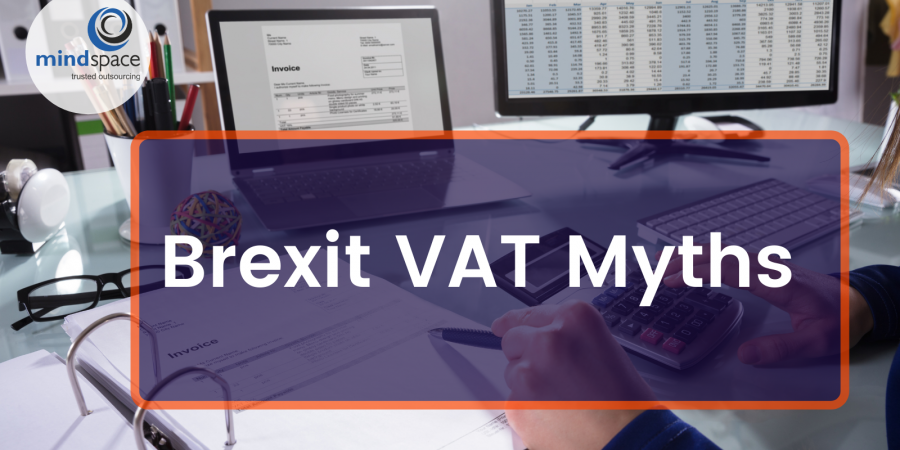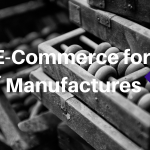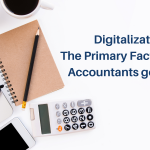Brexit VAT Myths Disproved
Businesses in the United Kingdom have had to think about imports and exports differently since January 1, 2021.
When it comes to trade with European Union (EU) countries and moving goods to Northern Ireland, customs procedures apply to England, Wales, and Scotland.
In addition, the way VAT is calculated has changed. This VAT change has an impact on imports from both EU and non-EU countries.
On the other hand, the UK government has implemented some measures aimed at easing the administrative burden and reducing the impact on cash flow.
Stories Disproved
Excerpt 1: Postponed VAT Accounting is a one-time option that will expire on June 30, 2021.
It is a huge win for UK importers because VAT is deferred when goods arrive in the UK from anywhere in the world and instead declared as a reverse charge entry on the importer’s next VAT return.
It’s a no-brainer in terms of cash flow. We believe the confusion with this date stems from the possibility of deferring the need to file a full customs declaration for goods arriving from the EU.
Excerpt 2: Using PVA to apply the reverse charge to imported goods always results in a nil payment on a VAT return.
In terms of the VAT amount, the relevant boxes for the reverse charge for imported goods are Box 1 and Box 4, based on the rate of VAT that applies under UK VAT law for the goods in question, e.g. 5% for smoking cessation products; 20% for computers.
The entries will cancel each other out if the goods are only used for taxable supplies of a business, i.e. output tax equals input tax.
However, for any private or non-business use, as well as if the goods are used for any exempt activities, the Box 4 input tax entry must be reduced. If an input tax reduction is required, a net VAT payment to HMRC is generated.
Excerpt 3: To take advantage of PVA, a company must register with HMRC online before the goods arrive in the country.
To take advantage of PVA, a company must register with HMRC online before the goods arrive in the country.
The importer must have a GB EORI number, which is issued by HMRC, to use PVA. On the other hand, PVA is made as a specific election on the customs declaration form each time goods arrive by selecting payment option G. It is an ‘election’ rather than a ‘registration process.
Excerpt 4: I don’t have to worry about VAT if I export goods because they are always zero-rated for VAT purposes.
In terms of UK VAT, sales of goods from the United Kingdom to anywhere else in the world are now zero-rated as exports. Previously, an export was only relevant if goods left the EU.
However, VAT is still in effect, and you must account for indirect taxes and duties when the goods arrive in the other country. If your business is importing and selling goods in that country, the best outcome is to have your customer act as the importer. Otherwise, your business may need to register for VAT in that country.
Excerpt 5: The VAT rules for services have not changed as a result of Brexit.
True, the general B2B and B2C place of supply rules have remained unchanged since January 1, 2021, i.e., the VAT treatment for B2B sales of services and B2C sales is largely dependent on where the customer is based.
However, there is a significant list of professional services that are no longer subject to UK VAT if the B2C customer is ‘outside the UK’ – this was only applicable before Brexit if the customer was ‘outside the EU.’ Section 12 of VAT Notice 741A lists the services. Accounting, consulting, engineering, and legal services are just a few examples.


